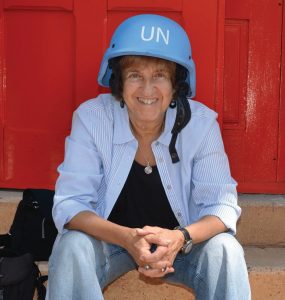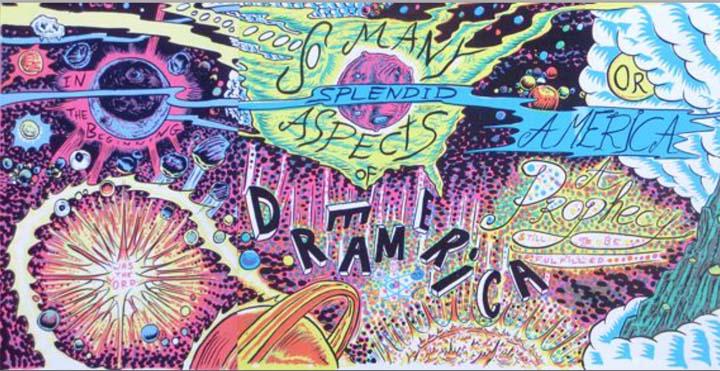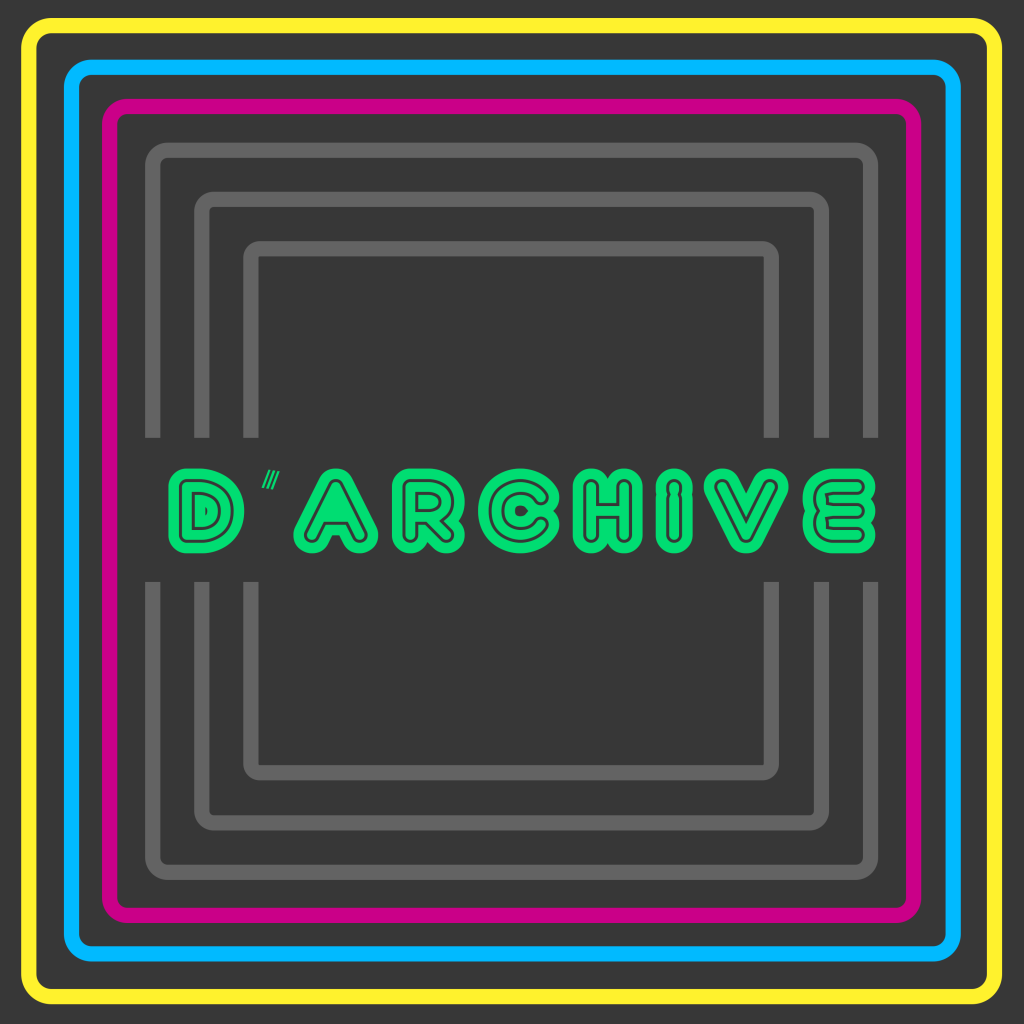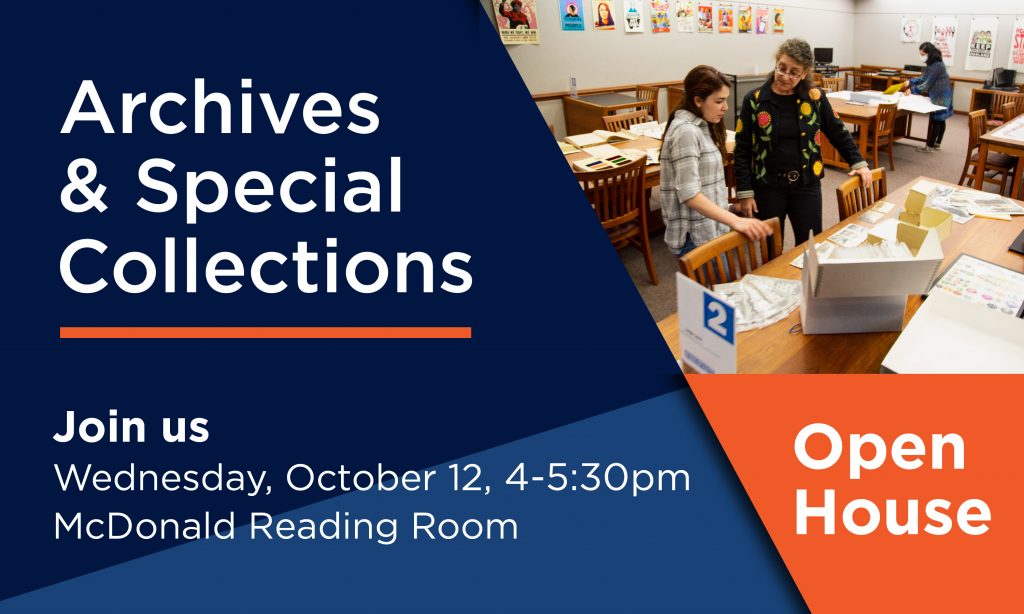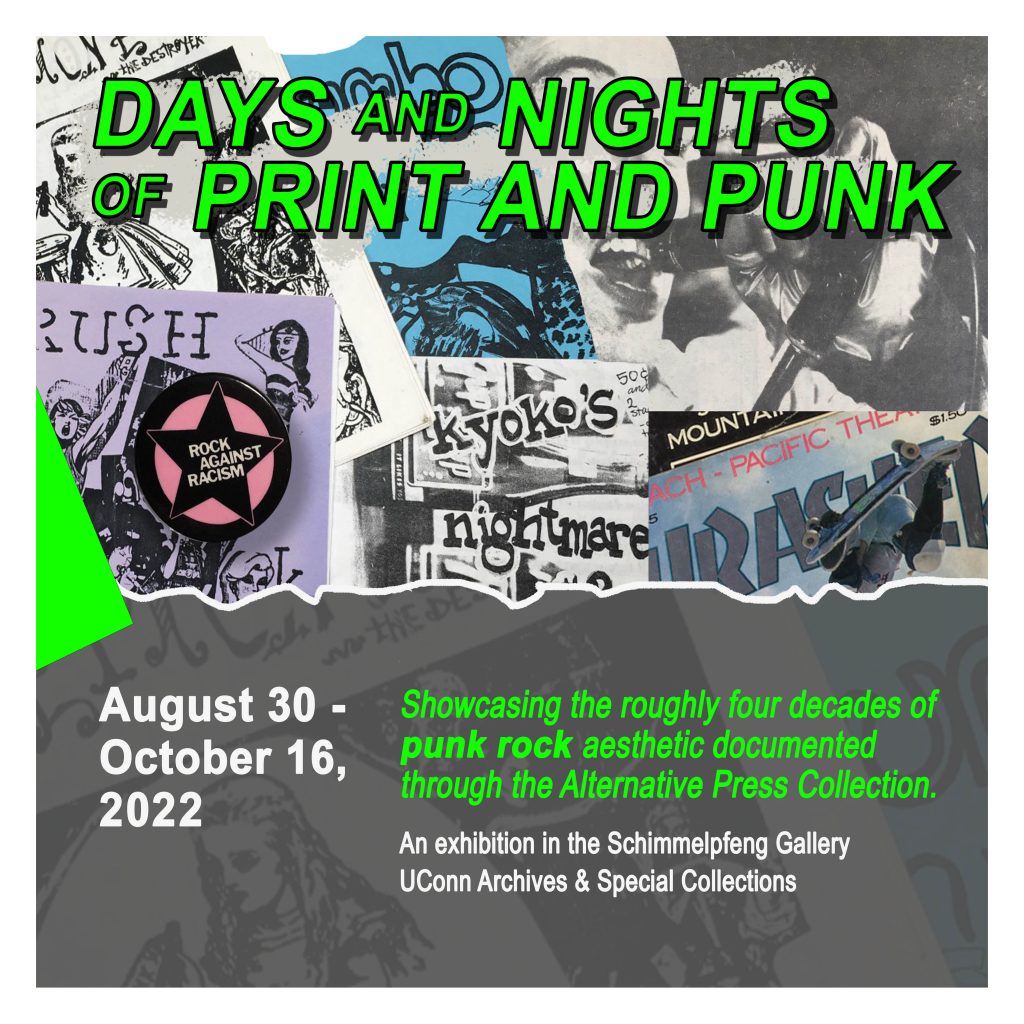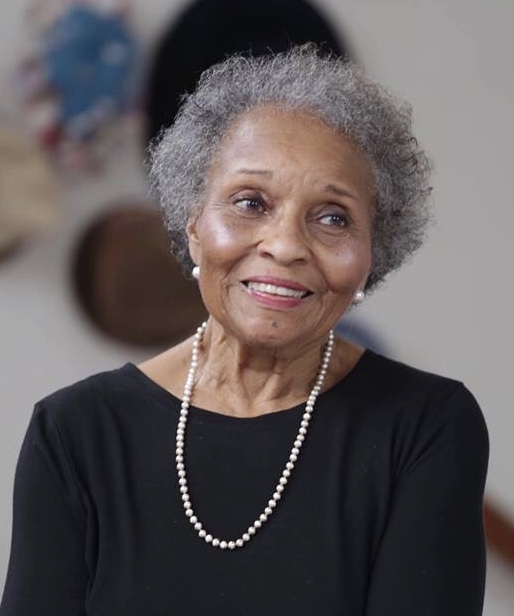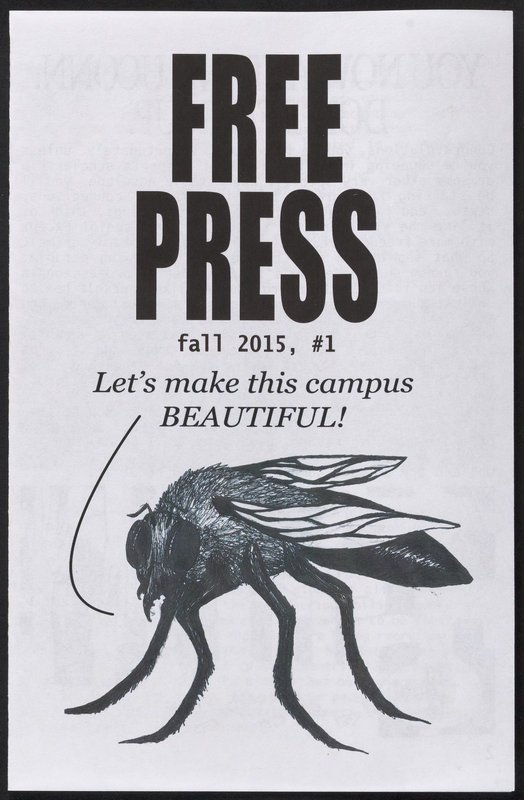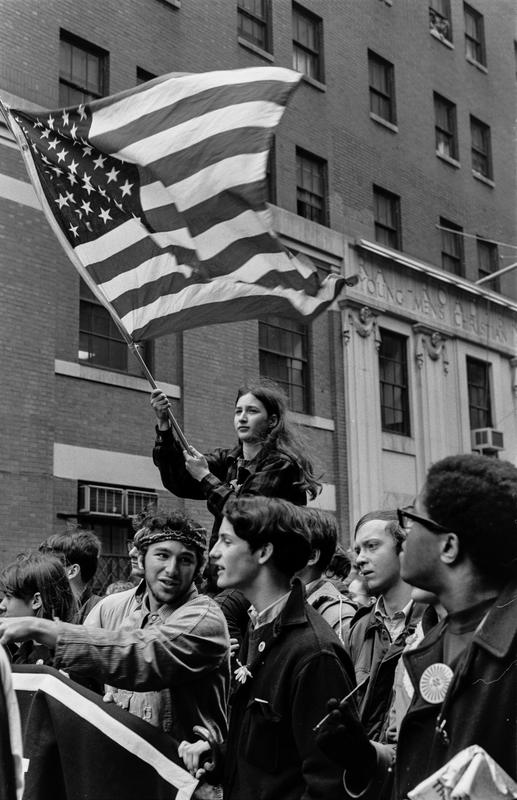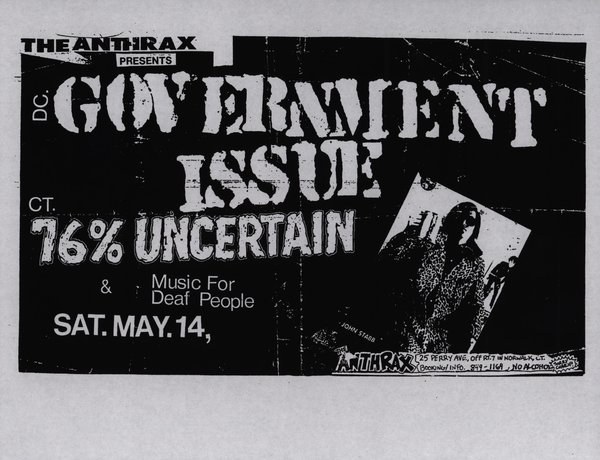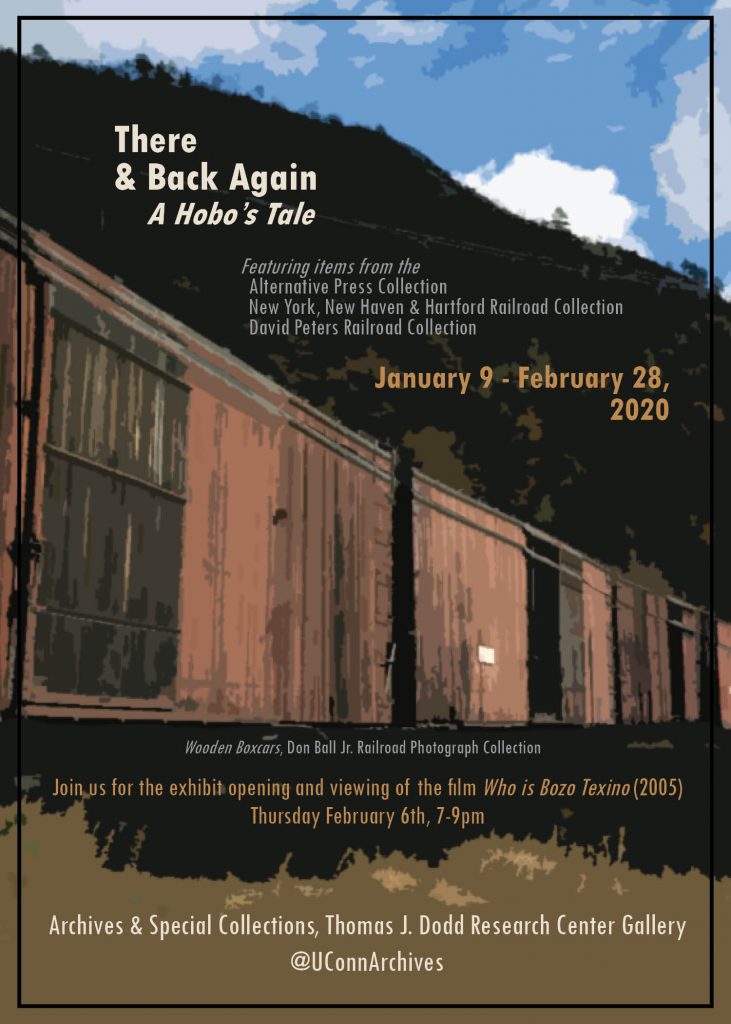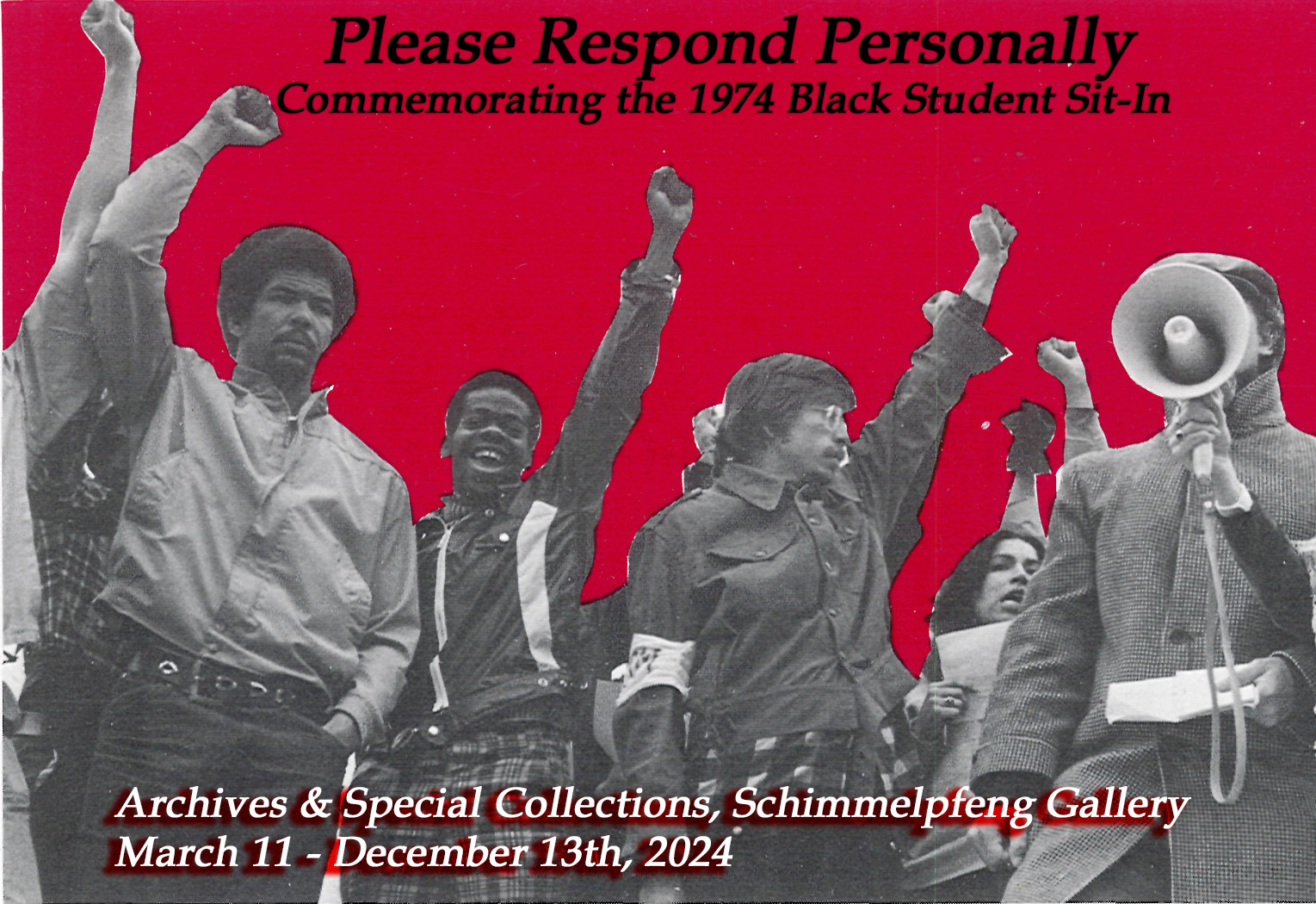
Please Respond Personally: Commemorating the 1974 Black Student Sit-In
March 11th – December 13th, 2024, Schimmelpfeng Gallery, Monday – Friday, 9-4pm
Dodd Center for Human Rights, University of Connecticut
Exhibit Opening Event: March 28th, 3-5pm @ Archives & Special Collections, Dodd Center
Opening to the public Monday, March 11th, 2024, the UConn Library’s Archives & Special Collections will mount a 50th Anniversary Exhibition commemorating the direct action taken by Black and Brown students on the Storrs campus to challenge structural racism in higher education by sitting in at the Wilbur Cross Library on April 22nd 1974. This historic event of activism, where roughly 370 students occupied the library at varying times across 3 days, was the culminating event during a semester long campaign of student organizing to demand representation and resources for students of color at the University of Connecticut. Through curated documents this exhibition will feature the perspectives of the student organizers, the Afro-American Cultural Center, the University and its administration to portray this campus-wide call to action which resonates to our present day. This 50th anniversary is also an opportunity to highlight approaches to student activism and the centrality of the library as an institutional setting both for democracy and also one vulnerable to upholding systems of oppression.
This exhibition draws from the experiences of alumni Rodney Bass (’75BA/’76MA) who read the demands during the sit-in and was co-chair of the Organization of African American Students (OAAS). The archives podcast d’Archive produced an interview with Rodney about Black student organizing in the mid-1970s on the Storrs campus which is revealing in understanding their approach to making demands upon the university for their representation in the student body.

